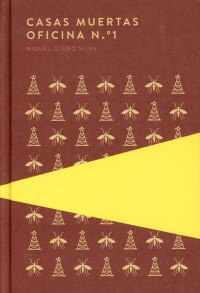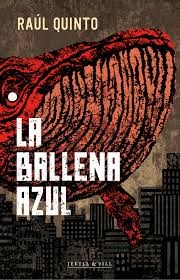
Review of the book “Dead Houses” by Miguel Otero Silva.
“Dead Houses” is a novel by the Venezuelan writer Miguel Otero Silva, published in 1955. The work tells the story of a man named Eladio Gómez, who after being released from the prison in which he was held for more than fifteen years, returns to his hometown of San Juan de la Cruz. There, he finds that everything has changed and that the old family house is in ruins, like the other houses in the town. Eladio must face the nostalgia and memories that torment him, while he tries to understand how his people have reached this state of decadence.
Throughout the novel, Otero Silva builds a portrait of rural Venezuela in the first half of the 20th century, showing the social inequalities, corruption and oppression that peasants suffered. Through the figure of Eladio, the author exposes the marginalization and injustice that the most humble people experienced and how violence and abuse of power could be used to maintain control over them.
One of the most notable aspects of “Dead Houses” is the author’s ability to create a desolate and oppressive atmosphere, using poetic and evocative prose that conveys the melancholy and nostalgia that the protagonist feels. Furthermore, the book shows a great social commitment, denouncing the reality of a country that for a long time has suffered from poverty, exploitation and lack of opportunities for the most vulnerable people.
Miguel Otero Silva was a Venezuelan writer, journalist and politician, born in the state of Zulia in 1908 and died in Caracas in 1985. He is considered one of the great exponents of Latin American literature of the 20th century.
Otero Silva began his journalistic career at an early age and throughout his life he worked in numerous newspapers and magazines, both in Venezuela and in other countries. Additionally, he served as a war correspondent in World War II and the Korean War.
Regarding his literary work, Miguel Otero Silva is known mainly for his novel “Casas Muerdas”, published in 1955. The novel is a chronicle of the decline of a Venezuelan hacienda in the 19th century and a reflection on the situation of the country in that historical moment. It is considered one of the most important works of Venezuelan and Latin American literature in general.
In addition to “Dead Houses”, Otero Silva wrote numerous plays, essays and novels, among which stand out “The Leaf That Had Not Fallen”, “Office of the Dead”, “Fever” and “In the House of the Spitting Fish”. Water”. His literary work is characterized by concern for the social and political problems of his time, as well as by his careful and precise style.
In the political sphere, Miguel Otero Silva was a defender of democracy and actively participated in the political life of Venezuela, which led him to be imprisoned on several occasions for his political ideas and activities.
In short, “Dead Houses” is a work that portrays with great sensitivity the harsh reality of rural Venezuela at the time, a reality that still persists today in many places around the world. It is a novel that invites reflection and reminds us that the fight for justice and equality continues to be a pending task.
Source: https://algunoslibrosbuenos.com/casas-muertas


